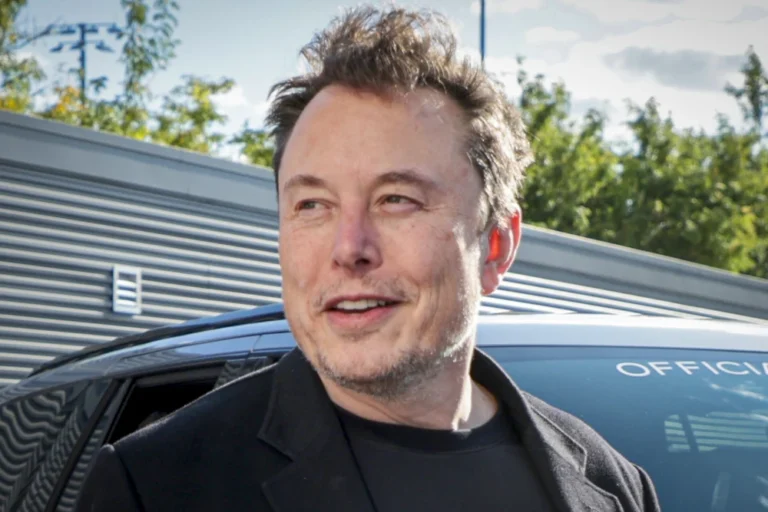How Elon Musk amplified content from a suspected Russian election interference plot
Musk, apparently unaware of the company’s Russia funding source, engaged with content from Tenet Media and its creators at least 60 times.
As Elon Musk increasingly weighed in on politics in the last several years, he used his massive following on his social media app X to repeatedly amplify content from a company that appears to be at the center of an alleged Russian covert operation to manipulate U.S. public opinion ahead of the 2024 election.
Musk, one of the world’s richest people, boosted content from creators and accounts tied to Tenet Media at least 60 times, resharing the operation’s posts and engaging in back-and-forth replies with Tenet’s paid pundits on X.
Musk’s posts, shared with his 198 million followers, put Russia-aligned conservative talking points in front of possibly tens of millions of eyeballs, according to the viewership data published by X, and he did so apparently without knowledge of the alleged Russian money behind the operation.
An earlier NBC News review of Tenet’s videos combined with details from government indictments illustrated how the company amplified conservatives who had already embraced many talking points favored by former President Donald Trump and Russia, in line with the country’s broader propaganda goals.
In July, Musk reshared a post from a Tenet Media account defending comments by Trump, the Republican presidential nominee, that “you won’t have to vote anymore” if Trump returns to the White House, and Musk’s reshare received 28 million views, according to X.
Tenet Media appeared to seek out Musk’s attention, posting about Musk or tagging his account more than 50 times since the media company’s launch last November, often on the subject of Trump and the presidential election.
Tenet launched last year as a kind of supergroup for conservative pundits seemingly out of nowhere, bringing together established podcasters such as Dave Rubin and Benny Johnson with younger and less experienced influencers.
Tenet has ceased releasing new material since federal prosecutors unsealed an indictment on Sept. 4 charging two employees of Russia-backed media network RT of directing a $10 million scheme to launder pro-Russian views through conservative American commentators. FBI Director Christopher Wray said the operation was an attempt to “trick Americans into unwittingly consuming foreign propaganda.”
Tenet and its stable of pundits were not specifically named in the indictment, but Tenet’s makeup matches the indictment’s description of a media company that called itself a “network of heterodox commentators that focus on Western political and cultural issues.” Since the indictment was unsealed, numerous high-profile Tenet creators have spoken out calling themselves “victims.”
If the allegations in the indictment prove true (or similar), Musk would serve as a high-profile example of how Russia-associated actors were able to bait a target into engaging with their content and sharing it.
Musk can bring enormous attention to an account with his posts because he has the largest following on X. And even a reply from him can boost another account, because replies sometimes show up in people’s feeds.
Musk also shared Russia-aligned talking points outside the context of the conspiracy alleged in the recent indictment, according to a report Tuesday by Radio Free Europe/Radio Liberty. Citing records from a Russian disinformation campaign, the news service said that an internet meme denigrating Ukrainian President Volodymyr Zelenskyy and shared on X last year by Musk was made by a Moscow-based company called Social Design Agency.
Musk did not respond to an email Tuesday asking about the Radio Free Europe/Radio Liberty report and about his sharing of Tenet Media content. Representatives for X also did not respond to a request for comment about Musk or about X’s handling of Tenet content.
In posts on X, Musk has appeared unconcerned about Russia’s influence operations. The day the Tenet Media indictment was announced, Musk reacted with the “tears of joy” emoji to another user’s unproven theory that the covert project may have backfired by causing infighting among conservatives.
The day after the indictment dropped, Musk accused The Associated Press of pushing anti-Trump “propaganda” in its coverage of Tenet Media. And he posted in defense of the right-wing podcasters \ Tenet had retained, agreeing with another conservative commentator, Ben Shapiro, that the men were deceived.
Other commentators have accused the people paid by Tenet of being too easily deceived and of failing to ask enough questions of the people paying them.




0 Comments